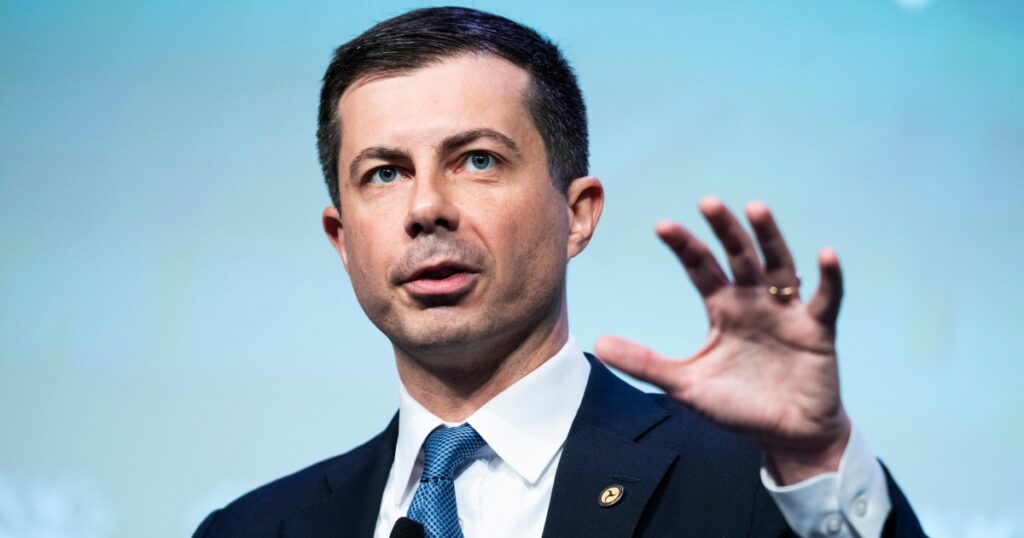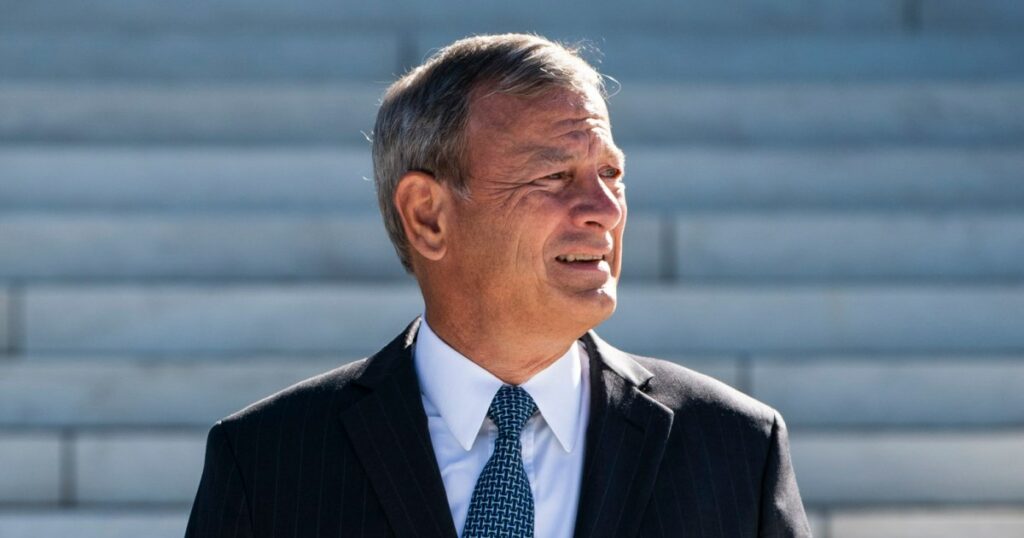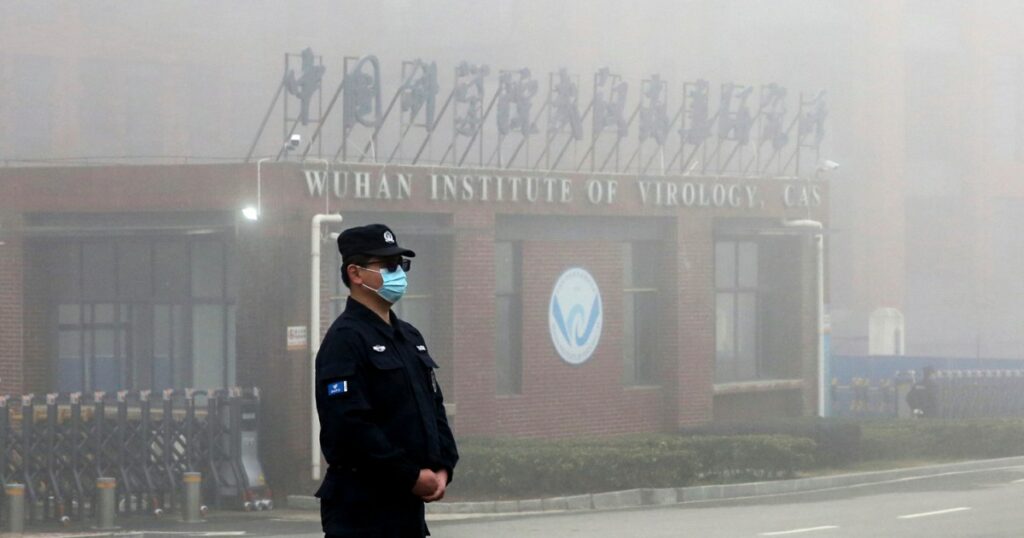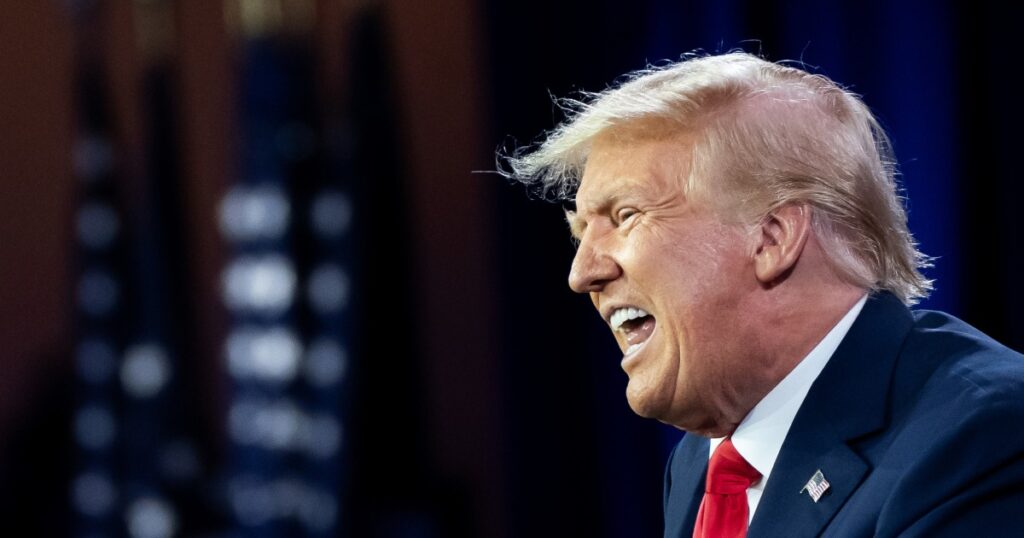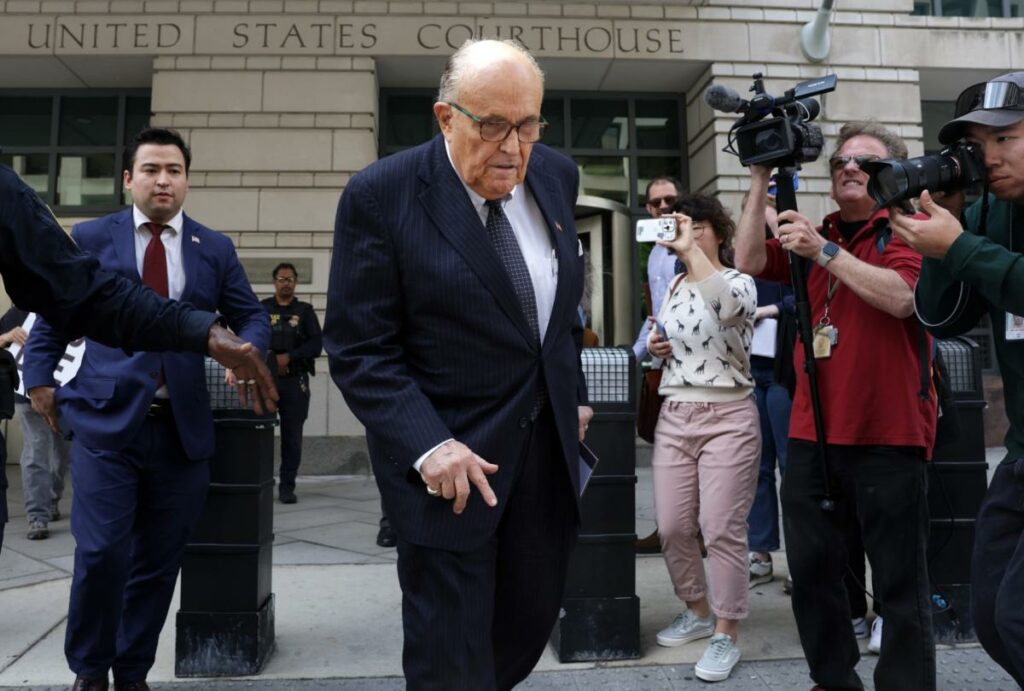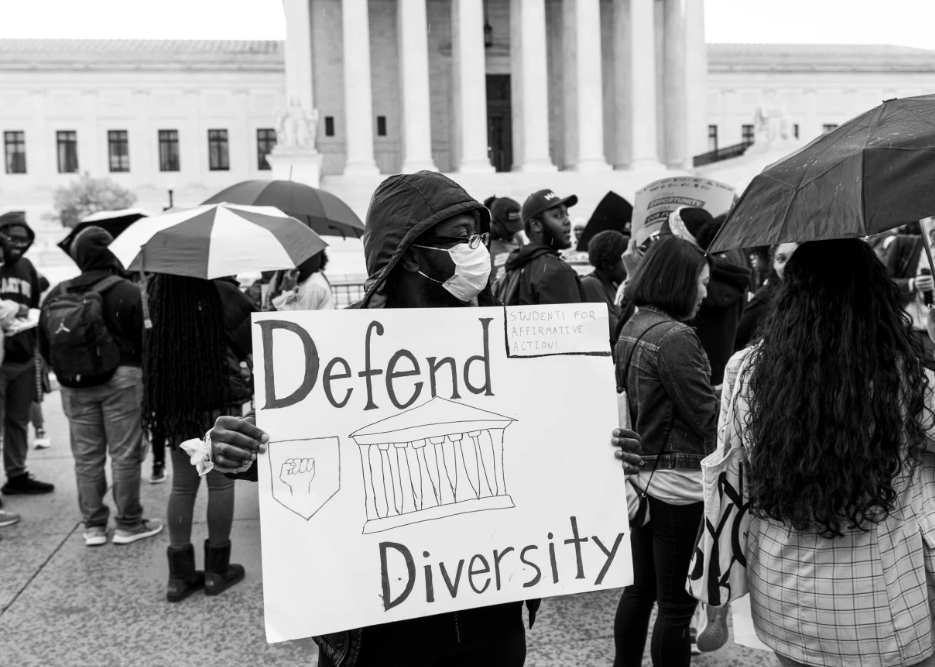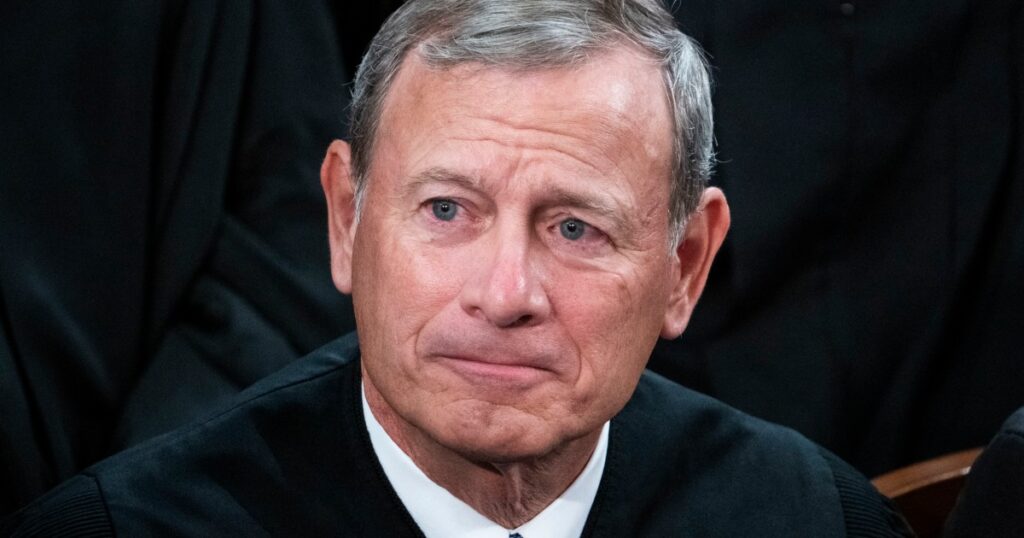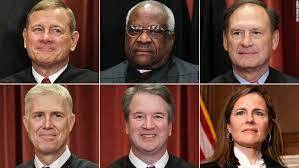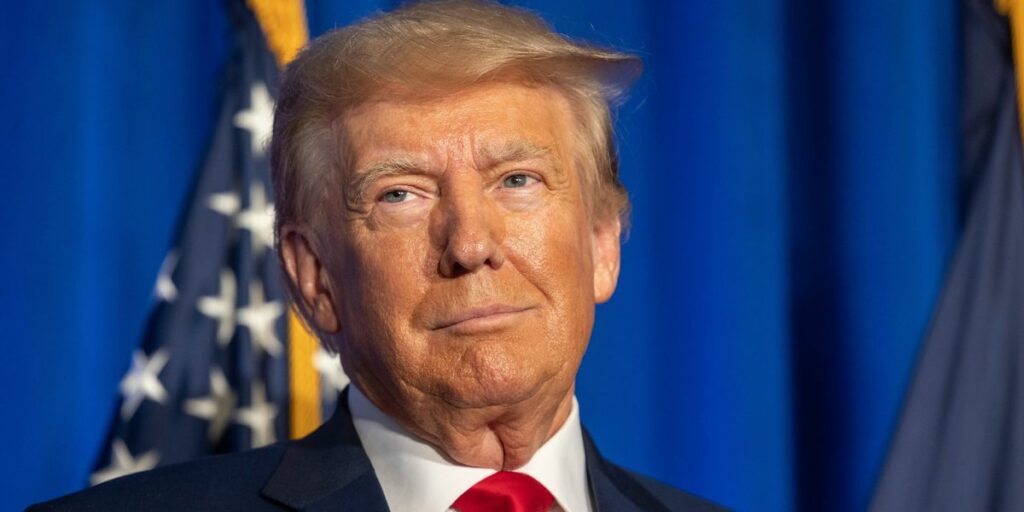Unveiling the True Intentions of Governor Ron DeSantis: Buttigieg’s Powerful Question
In the world of politics, questions have the power to expose the true intentions and character of individuals. Recently, Transportation Secretary Pete Buttigieg posed a thought-provoking question to Florida Governor Ron DeSantis, shedding light on the motivations behind his policies and actions. This exchange not only highlighted the stark differences between the two leaders but also provided valuable insights into the future direction of American politics.
The Power of a Simple Question
During a press conference, Buttigieg confronted DeSantis with a question that struck at the heart of the ongoing debate surrounding voting rights. He asked, “Why is it that so many Republican-led states are suddenly obsessed with making it harder for people to vote?” This simple yet powerful question encapsulated the concerns of many Americans who have been witnessing a wave of restrictive voting laws being proposed and enacted across the country.
A Call for Transparency and Accountability
Buttigieg’s question was not merely an attempt to put DeSantis on the spot; it was a call for transparency and accountability. By addressing the issue head-on, Buttigieg sought to uncover the underlying motivations behind these voting restrictions and challenge the narrative that they are driven solely by concerns over election integrity.
The Timing is Significant
The timing of Buttigieg’s question was significant, as it came at a time when the nation is grappling with the aftermath of the 2020 presidential election. The election, which saw record-breaking voter turnout, also witnessed baseless claims of widespread voter fraud. These claims, perpetuated by former President Donald Trump and his allies, have fueled a push for stricter voting laws in Republican-led states.
DeSantis’ Role in the Movement
DeSantis, a staunch supporter of Trump, has been at the forefront of this movement. Florida recently passed a controversial voting law that imposes new restrictions on mail-in voting, drop boxes, and voter registration efforts. Critics argue that these measures disproportionately target minority communities and are designed to suppress the votes of traditionally Democratic-leaning groups.
The Response Reveals the Divide
Buttigieg’s question forced DeSantis to confront the underlying motivations behind these policies. It challenged him to explain why, in the absence of any evidence of widespread voter fraud, he and other Republican leaders are pushing for measures that make it harder for certain groups of people to exercise their fundamental right to vote. However, DeSantis’ response failed to address the core concern raised by Buttigieg and left many unsatisfied.
A Battle for Democracy
The exchange between Buttigieg and DeSantis serves as a microcosm of the larger battle over voting rights that is currently playing out across the nation. It underscores the need for a robust and honest conversation about the future of democracy in America. The question posed by Buttigieg challenges us all to examine the motivations behind the policies being implemented and to ensure that the fundamental right to vote is protected for all citizens.
Demanding Transparency and Accountability
As the nation moves forward, it is crucial that we continue to ask tough questions and demand transparency from our elected officials. Buttigieg’s powerful question to DeSantis serves as a reminder that the true intentions of our leaders can often be revealed through the questions they choose to answer and those they choose to avoid. It is through this process of inquiry and accountability that we can strive for a more inclusive and equitable democracy.
Unveiling DeSantis’ True Intentions: Buttigieg’s Powerful Question
In the realm of politics, it is not uncommon for politicians to employ various tactics to sway public opinion and advance their own agendas. However, it is crucial for citizens to remain vigilant and critically analyze the true intentions behind their leaders’ actions. Recently, Florida Governor Ron DeSantis found himself at the center of a powerful question posed by former presidential candidate Pete Buttigieg, shedding light on the potential motivations behind his policies and decisions.
During a press conference, Buttigieg, who now serves as the United States Secretary of Transportation, confronted DeSantis with a question that struck at the heart of the matter. He asked, “Is your goal to keep people from voting, or is it to make it easier for eligible citizens to vote?” This simple yet profound inquiry encapsulated the concerns of many who have been closely following DeSantis’ controversial actions regarding voting rights.
DeSantis has been a vocal proponent of restrictive voting measures, such as the recently passed Florida law that imposes stricter identification requirements for mail-in voting and limits the use of drop boxes. These measures have been widely criticized by civil rights activists and Democrats, who argue that they disproportionately affect minority communities and suppress voter turnout.
Buttigieg’s question effectively challenged DeSantis to clarify his true intentions behind these policies. By framing the issue as a choice between making voting more accessible or restricting it, Buttigieg forced DeSantis to confront the potential consequences of his actions. The question also highlighted the broader debate surrounding voting rights in the United States, where some argue that restrictive measures are necessary to prevent voter fraud, while others contend that they are a thinly veiled attempt to disenfranchise certain groups.
DeSantis, in response to Buttigieg’s question, defended his position by stating that the new voting law in Florida was aimed at ensuring the integrity of the electoral process. He argued that the measures were necessary to prevent fraud and maintain public confidence in the system. However, critics argue that voter fraud is extremely rare and that the new law disproportionately affects marginalized communities, who often face greater barriers to obtaining the required identification.
The clash between DeSantis and Buttigieg encapsulates a broader ideological divide in American politics. It raises questions about the balance between safeguarding the integrity of elections and protecting the rights of all eligible citizens to participate in the democratic process. It also underscores the importance of scrutinizing politicians’ true intentions when it comes to voting rights, as these decisions can have far-reaching implications for the inclusivity and fairness of our democracy.
As citizens, it is our responsibility to remain informed and engaged in the political process. Buttigieg’s powerful question serves as a reminder that we must critically evaluate the motivations behind our leaders’ actions, particularly when it comes to fundamental democratic principles such as voting rights. By doing so, we can hold our elected officials accountable and ensure that our democracy remains strong and inclusive for all.

